Mauritania
Mauritania's National Assembly passed a new law introducing national languages into primary education, but the text has been heavily criticized by the black Mauritanian community, which fears that Arabic will be imposed on them.
The law introduces for the first time science education courses in mother tongues at the primary level, while requiring the teaching of Arabic to non-Arabs and at least one national language to Arab speakers, according to official documents.
Mauritania's population is made up of Arab-Berber, Haratine (descendants of slaves of Arab-Berber masters, whose culture they share) and Black-Mauritanian communities, generally of sub-Saharan ethnicity (Fulani, Soninke, Wolof).
Cultural hyper dominance
Since the country's independence in 1960, Black Mauritanian communities have denounced what they call the cultural hegemony of Arabic, the official language spoken by the majority of the population, and have called for the their languages to be elevated to the rank of official language. If languages such as Hassanya, Peul, Soninké and French are used in the country, Arabic remains the sole official language.
The National Education Minister Mohamed Melainine Ould Eyih told MPs, the new law aimd to "put an end to the alarming deterioration of the national education system".
According to opposition MP Kadiata Malick Diallo, the new text is a "step forward in that children begin their learning in their mother tongue."
At the heart of the conflict is Article 65 of the new law. It states that "Arabic is to be taught to all children whose mother tongue is not Arabic as a language of communication and as a language of instruction." Black activists from the Organization for the Officialization of National Languages (Olan) haved called out the article which, in their view, "enshrines the linguistic injustice in the country".
Kadiata Malick Diallo suggested an amendment to Article 65 to remove the ambiguity decried by non-Arabs in the text of the law, but her initiative was rejected.
The Organization for the Officialization of National Languages (Olan) said in a statement Tuesday, that two people demonstrating against the new maw were arrested and five injured Monday night during a sit-in in front of Parliament before the adoption of the text.
The sit-in was organized by Olan, organization made up of Black Mauritanian activists, who denounced "the repression" against its activists. The group believes that "Mauritania deprives sections of its population of a fundamental right of cultural expression" with this law.



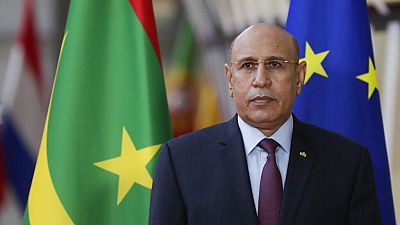

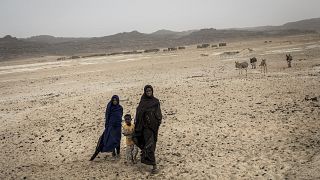

![Swahili, Africa's answer to a unified continent? [This is Culture]](https://static.euronews.com/articles/548025/320x180_548025.jpg)
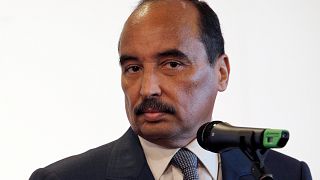
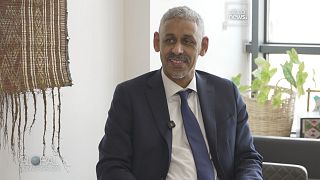
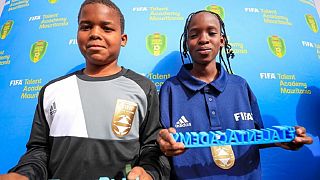



01:05
Study finds millions of children at risk as global vaccine rates fall
01:52
138 million child workers globally in 2024, number down from 2020
01:01
At least six dead in suicide bomb attack on school bus in Pakistan
01:51
Somalia celebrates the International Day for Women in Maritime
Go to video
Detroit attempts to make golf more accessible to the Black community
Go to video
Nigeria: Visually impaired children learn to swim in push for inclusion